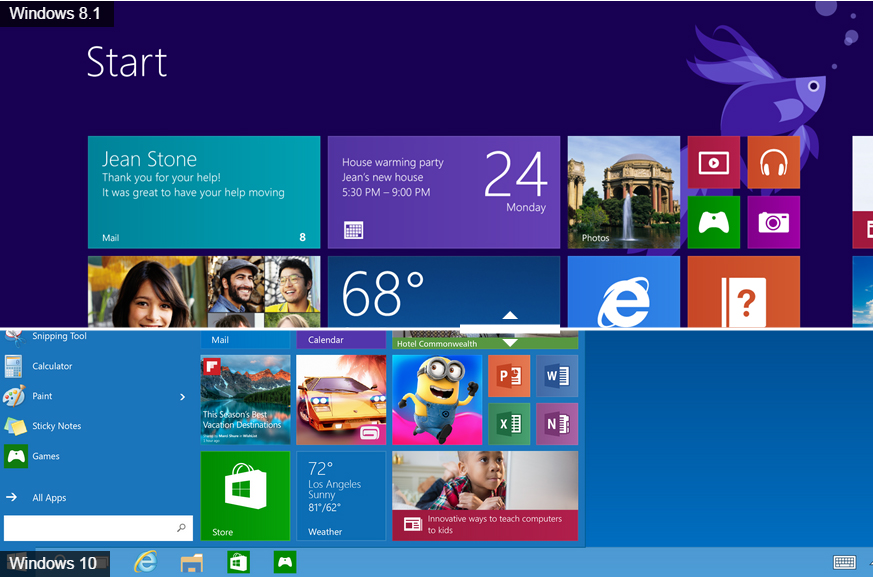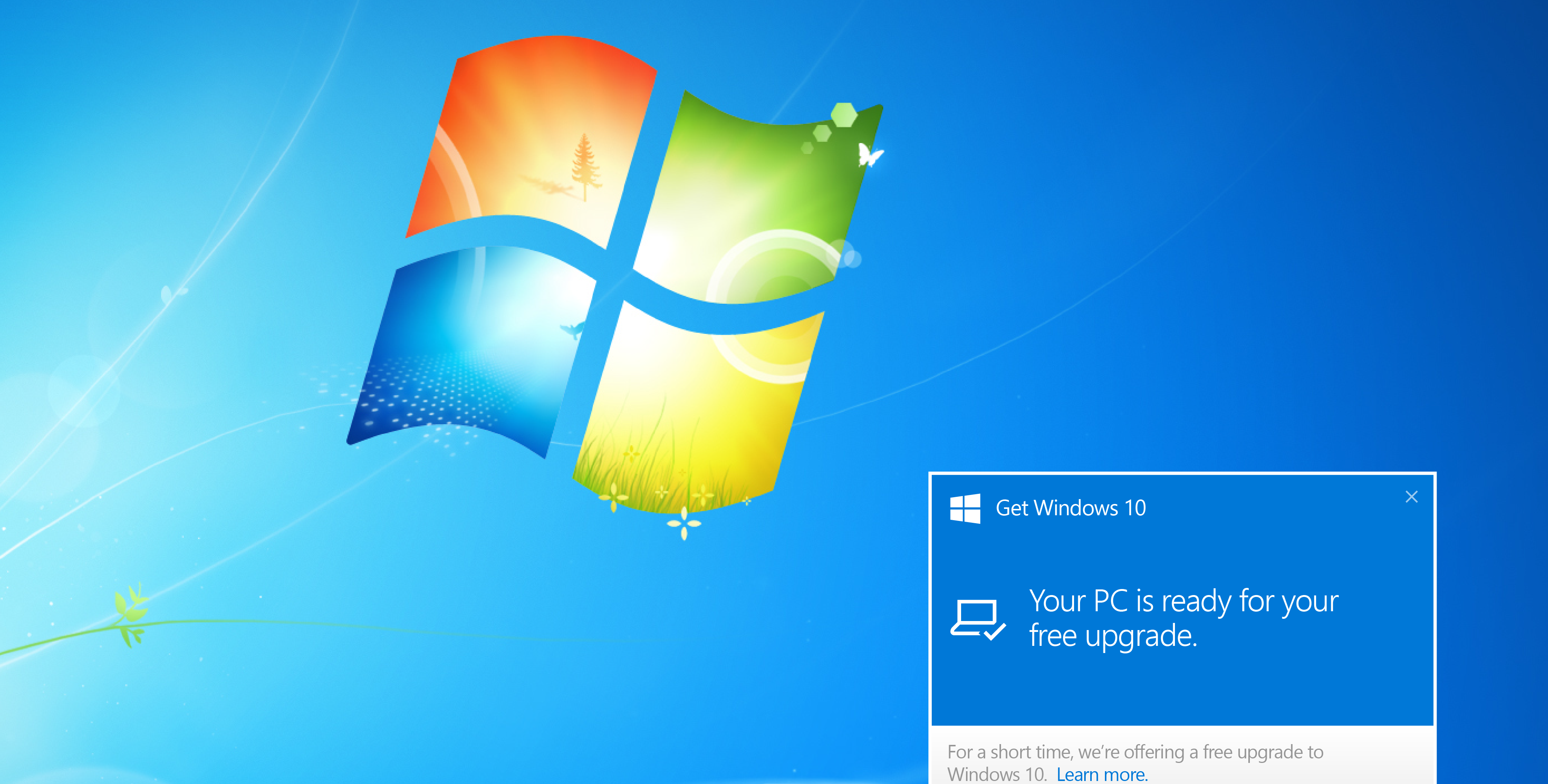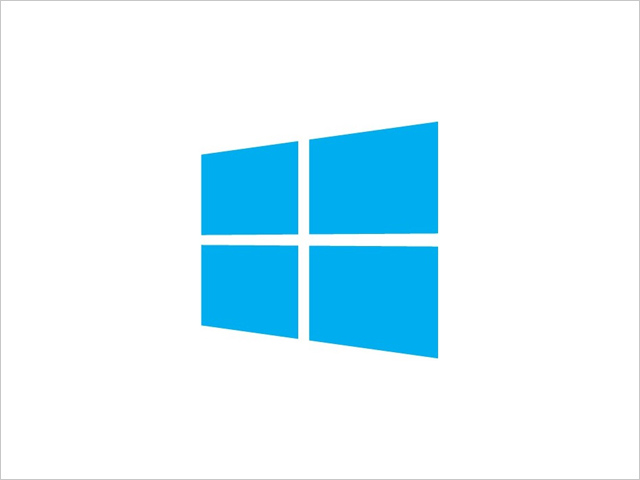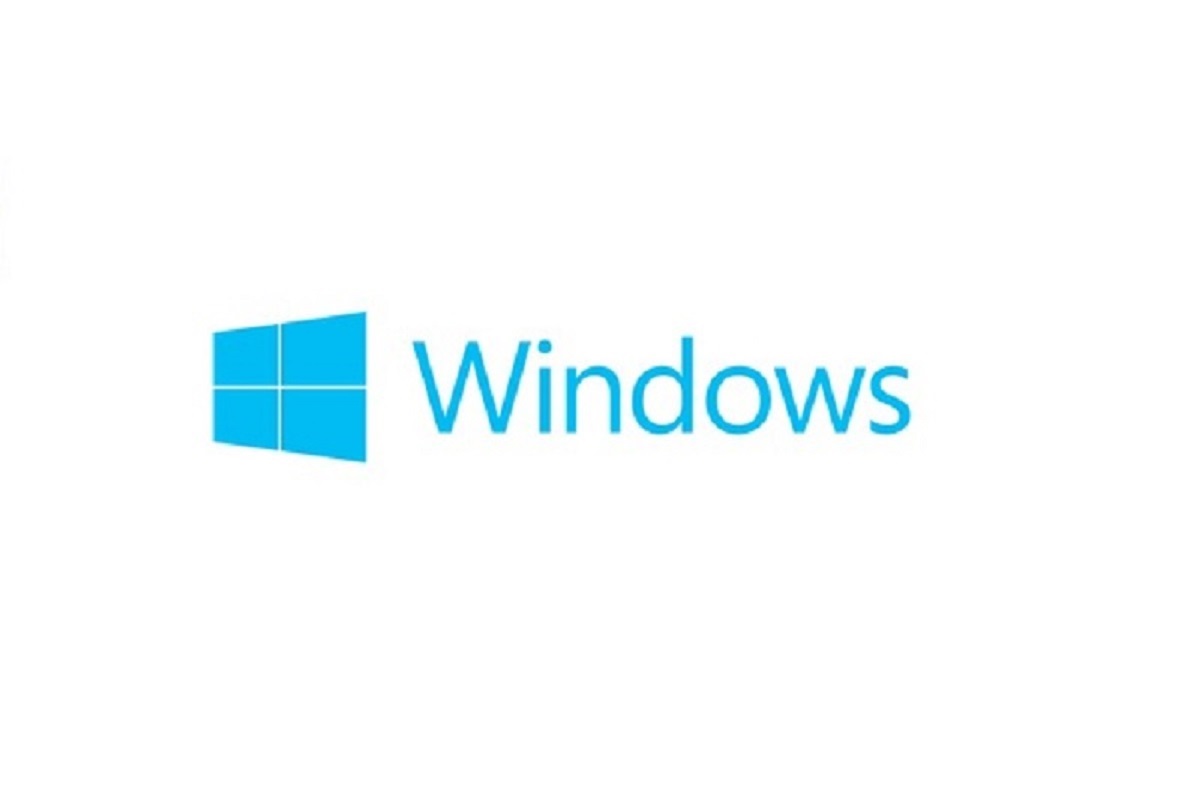Microsoft blasts Google over Windows 8.1 bug report
Redmond claims Google was wrong to publicly disclose flaw as it was days away from being fixed

Microsoft has hit back at Google's decision to publicly disclose a Windows 8.1 security flaw several days before the software giant was due to patch it.
As reported by IT Pro last week, Google decided to speak up about the bug over claims Microsoft had failed to fix it within 90 days of its discovery.
The flaw could have left Windows 8.1 users open to Elevation of Privilege attacks, and is set to be fixed tomorrow in Microsoft's first Patch Tuesday of 2015.
Perhaps unsurprisingly, Microsoft has not reacted kindly to Google publicly announcing details of the bug, given that it was days from being rectified.
In a lengthy blog post by Chris Betz, leader of the Microsoft Security Response Centre (MSRC), he said the vendor specifically asked Google to withhold details of the security flaw until tomorrow, but the search firm declined.
"Although following through keeps to Google's announced timeline for disclosure, the decision feels less like principles and more like a gotcha', with customers the ones who may suffer as a result," Betz wrote.
Now details of the flaw are out in the open, Microsoft fears users could be put at increased risk of cyber attacks.
Sign up today and you will receive a free copy of our Future Focus 2025 report - the leading guidance on AI, cybersecurity and other IT challenges as per 700+ senior executives
"What's right for Google is not always right for customers. We urge Google to make protection of customers our collective primary goal," Betz added.
"We believe those who fully disclose a vulnerability before a fix is broadly available are doing a disservice to millions of people and the systems they depend upon."
Betz then goes on to talk about Microsoft's preference for Co-ordinated Vulnerability Disclosure, which he claims "limits the field of opportunity" for hackers to carry out attacks, as it gives vendors ample time to address issues.
The alternative approach of full disclosure, which is the one Google employed, forces customers to take action to protect themselves, Betz said. But it's not always terribly successful.
"The vast majority take no action, being largely reliant on a software provider to release a security update," Betz explained.
"Even for those able to take preparatory steps, risk is significantly increased by publicly announcing information that a cybercriminal could use to orchestrate an attack and assumes those that would take action are made aware of the issue."
IT Pro contacted Google for its response, but had not received one at the time of publication.
Microsoft has decided to restrict its Advanced Notification Services (ANS) about upcoming software updates to its Premium customers, rather than alerting all users via a blog post.
-
 Hacker offering US engineering firm data online after alleged breach
Hacker offering US engineering firm data online after alleged breachNews Data relating to Tampa Electric Company, Duke Energy Florida, and American Electric Power was allegedly stolen
-
 Threat intel could be your secret weapon in cybersecurity sales
Threat intel could be your secret weapon in cybersecurity salesIndustry Insights Threat intelligence transforms cybersecurity sales from reactive product pitching to strategic advisory.
-
 Windows 10 vs Windows 8.1: Which was the best operating system?
Windows 10 vs Windows 8.1: Which was the best operating system?Vs We rate Windows 10 vs Windows 8.1 in a number of key categories for professional use
-
 Windows 10 vs Windows 8.1 vs Windows 7 - Microsoft OS head-to-head
Windows 10 vs Windows 8.1 vs Windows 7 - Microsoft OS head-to-headVs We pit Microsoft's most popular operating systems against each other to see which is the greatest of all time
-
 Surface Pro 3 review: Everything you need to know
Surface Pro 3 review: Everything you need to knowReviews Microsoft may have just fixed Surface Pro 3 battery issue
-
 Top 10 Windows 8.1 and Windows 10 apps for 2015
Top 10 Windows 8.1 and Windows 10 apps for 2015Best Our collection of the best and most popular Windows 8.1and Windows 10 apps to download in 2015
-
 Windows 10 vs Windows 8.1: What’s new?
Windows 10 vs Windows 8.1: What’s new?Vs Windows 10 brings back the Start Button, adds multiple desktops & an adaptable interface
-
 Gov ends £5.5m XP custom support contract
Gov ends £5.5m XP custom support contractNews But the Met and NHS are still using XP, leaving them potentially exposed to hackers
-
 Dell Venue 8 Pro 3000 review
Dell Venue 8 Pro 3000 reviewReviews A Windows 8.1 tablet with Office 365 (1-year subscription) available for a bargain £120
-
 Dell Latitude 13 7000 Series
Dell Latitude 13 7000 SeriesReviews Find out how the Core M hybrid stacks up in terms of performance and battery life...